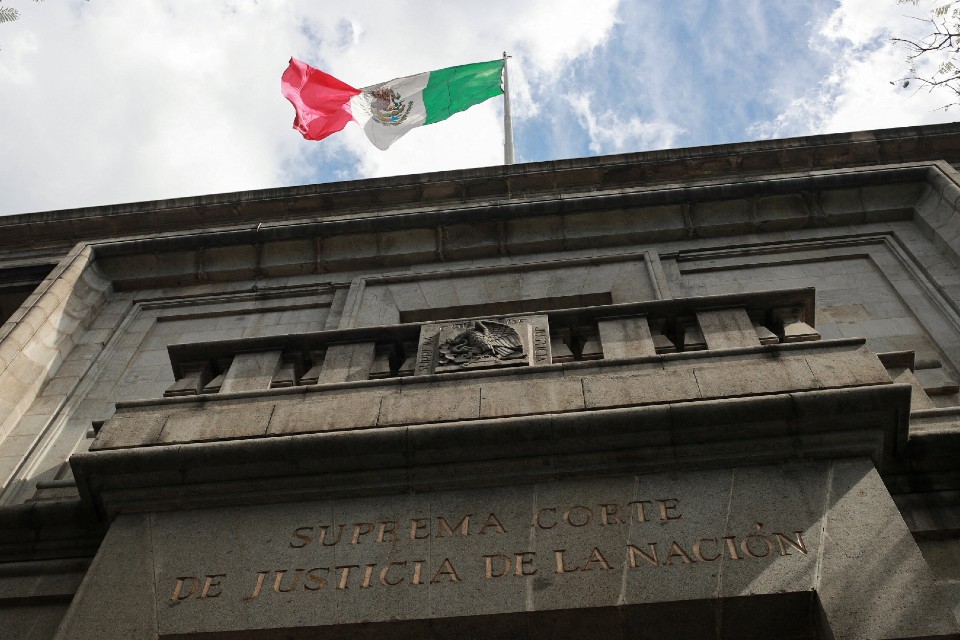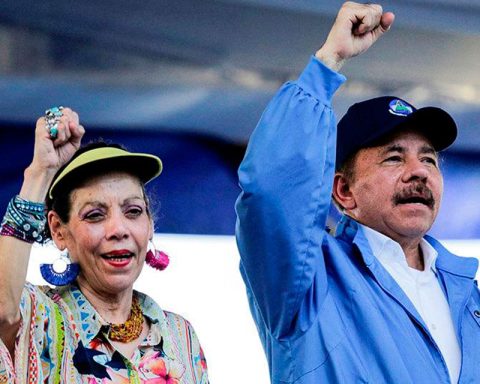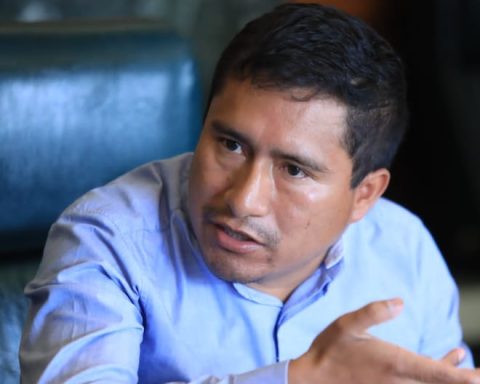The resignation, which included the president of the Supreme Court, Norma Piña, was notified to the Senate of Mexico, as established by law, the court indicated in a statement.
Text: RFI/AFP
Eight ministers of the Supreme Court of Mexico resigned from their positions this Wednesday, as determined by a controversial constitutional reform for judges who decline to participate in next year’s elections, the court reported.
The resignations, which will become effective on August 31, 2025, were finalized this Wednesday at the end of the deadline for ministers and judges to express their intention to run for those elections.
If they did not compete in the votes scheduled for June 1, 2025 – and did not resign -, the Supreme Court justices would have lost their retirement payments.
The resignation, which included the president of the Supreme Court, Norma Piña, was notified to the Senate, as established by law, the court indicated in a statement.
The plenary session of the Court is made up of 11 ministers, who had “automatic pass” for the voting lists that will be made up of candidates proposed equally by the Executive, Legislative and Judicial powers.
Most of those who resigned oppose the justice reform promoted by the left-wing ruling party, which made Mexico the first country to elect all its judges by popular vote.
“This resignation does not imply my agreement with the separation of the position for which I was originally appointed until December 10, 2030, but rather an act of consistency and respect for the constitutional text that governs us today,” Piña expressed in her resignation letter.
The opposition rejects the reform – particularly the election of judges – alleging that it destroys the independence of powers and will politicize justice.
The United States and Canada have also warned that the election could undermine the independence of judges and leave them at the mercy of drug trafficking cartels, with an impact on the T-MEC trade agreement that these countries maintain with Mexico.
*Read also: Mexico will maintain an “impartial” position on the political crisis in Venezuela
Clash of powers in Mexico
Next Tuesday, the high court will discuss a draft ruling by Judge Juan Luis González, one of those who resigned, who proposes partially invalidating the amendment approved in September by the vast pro-government majority in Congress.
Citing lack of clarity in the reform, González proposes declaring the election unconstitutional, except for that of the ministers of the Supreme Court.
The presentation responds to unconstitutionality actions presented by the opposition, including the conservative PAN party.
But the president of Mexico, Claudia Sheinbaum, assures that the highest court does not have the power to overthrow the reform, since it complied with the legal procedure, in addition to the fact that in her opinion the parties are prevented from filing constitutional appeals.
Sheinbaum reiterated this Wednesday that the Supreme Court would be overreaching, since it cannot legislate. In its opinion, in the case of the reform it is only empowered to certify that the legislative formalities have been met.
“Eight people intend to change a reform on the people of Mexico, on the constituent (…) Do you realize the magnitude?” the president questioned this Wednesday in her usual press conference.
On Tuesday, the president had indicated that the true intention of the ministers was to save their retirement compensation, although one of the resigners, Margarita Ríos, announced this Wednesday that she will not accept those payments.
«They present their resignation to take their withdrawals. “That is the framework in which the resignation of the ministers is taking place,” the president had said.
Post Views: 55

















